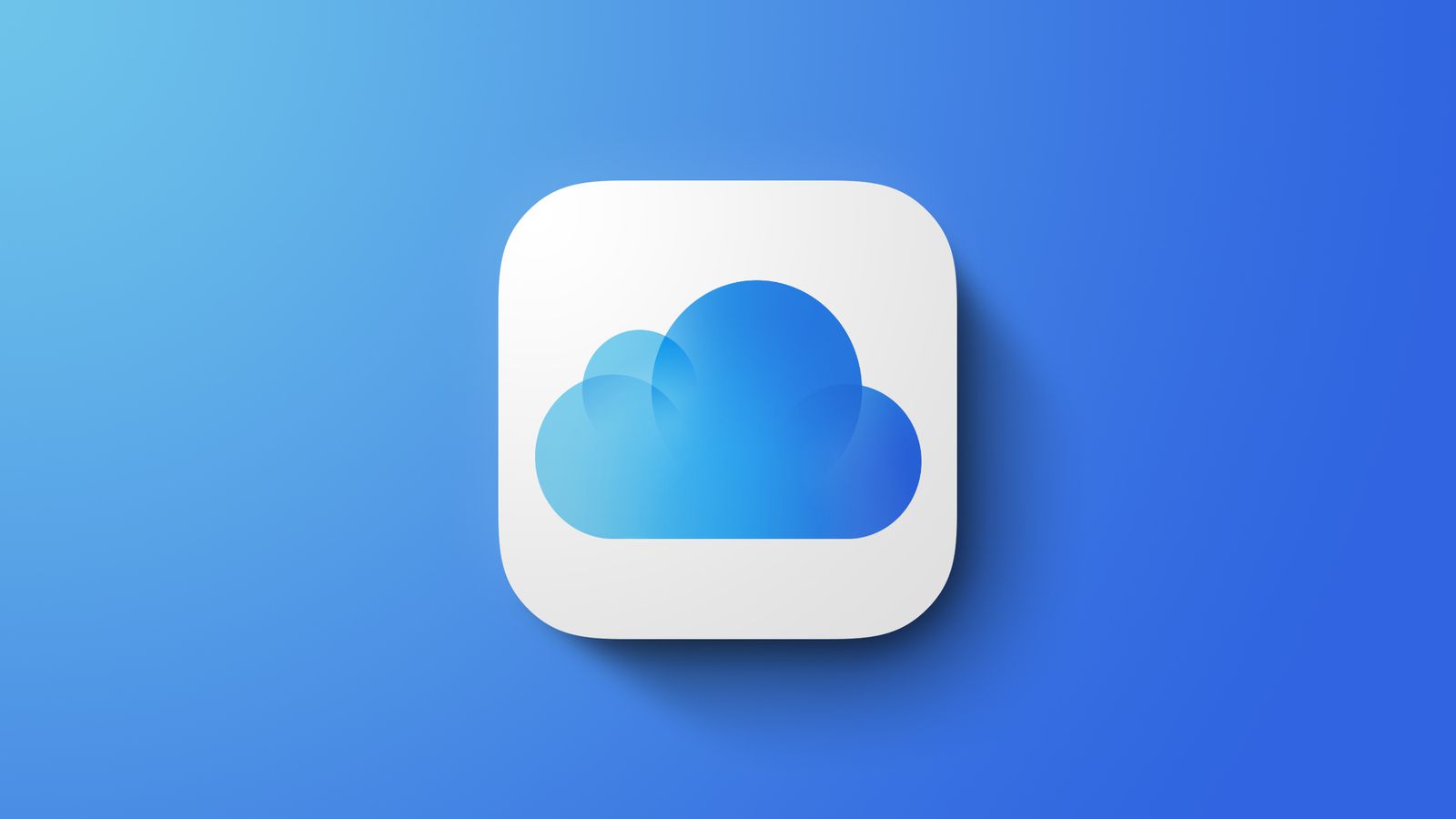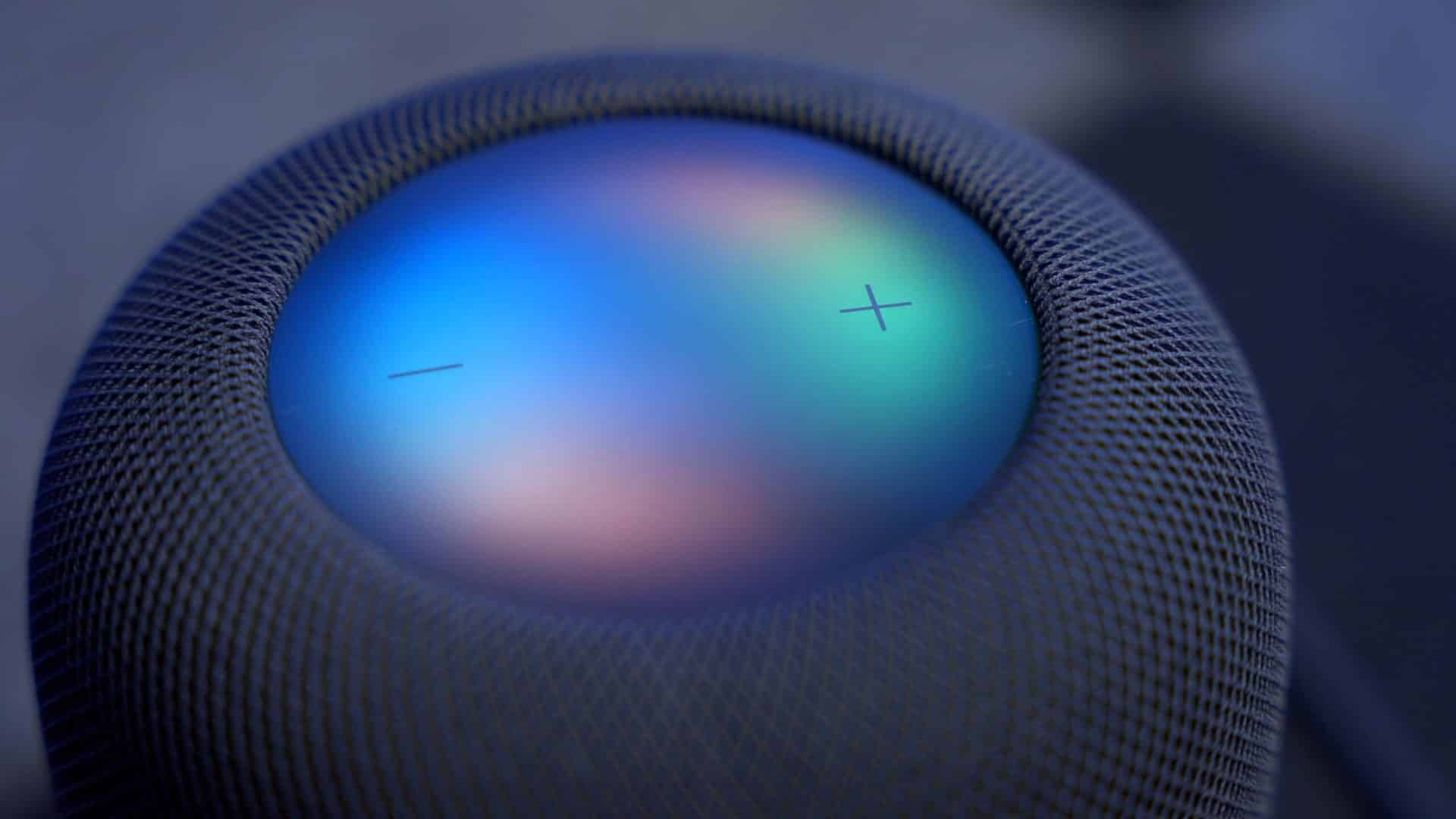As the 2024 edition of Apple’s Worldwide Developers Conference (WWDC) approaches, anticipation is building around the innovative features of iOS 18, highlighted by its reported focus on in-device artificial intelligence (AI).
According to sources including Bloomberg’s Mark Gurman, Apple plans to integrate AI functionalities directly within devices, moving away from the traditional cloud-based architecture. This change emphasizes the company’s commitment to user privacy and the robust capabilities of its own processing technology.
This evolution in iOS represents Apple’s first major move towards embedding AI processing within its devices, diverging from the cloud reliance that characterized earlier versions. Such a strategy not only mirrors Apple’s prioritization of data security, but also positions it to compete effectively with rivals like Google and Samsung, which are also advancing their AI integration in smartphones.
By implementing AI directly on iOS devices, Apple expects to enhance the responsiveness of its features while possibly decreasing the necessity for extensive cloud infrastructure – a move that could reduce costs.
Although the initial AI functionalities in iOS 18 are set to operate independently from the cloud, Gurman hints that Apple may still engage with cloud services through potential partnerships with major tech entities like Google, OpenAI, or Baidu.

These partnerships could offer the best of both worlds — on-device efficiency combined with the expansive power of cloud computing.
The upcoming iOS 18 is rumored to feature extensive AI-driven improvements across key applications such as Spotlight search, Siri, Safari, and Messages.
These enhancements are anticipated to include more sophisticated natural language processing and advanced image editing capabilities, promising a superior user experience for iPhone owners.
The move towards integrating AI directly into mobile operating systems aligns with broader technological trends where AI features play a central role in shaping user interactions.
As AI technology evolves, future versions of iOS are expected to incorporate even more advanced AI features, further enhancing the autonomy and functionality of Apple devices.
Despite the potential for increased demands on device resources, the benefits of native AI integration in iOS 18 — such as quicker processing speeds and potentially reduced costs — are clear, marking a significant development in Apple’s operating system strategy.

